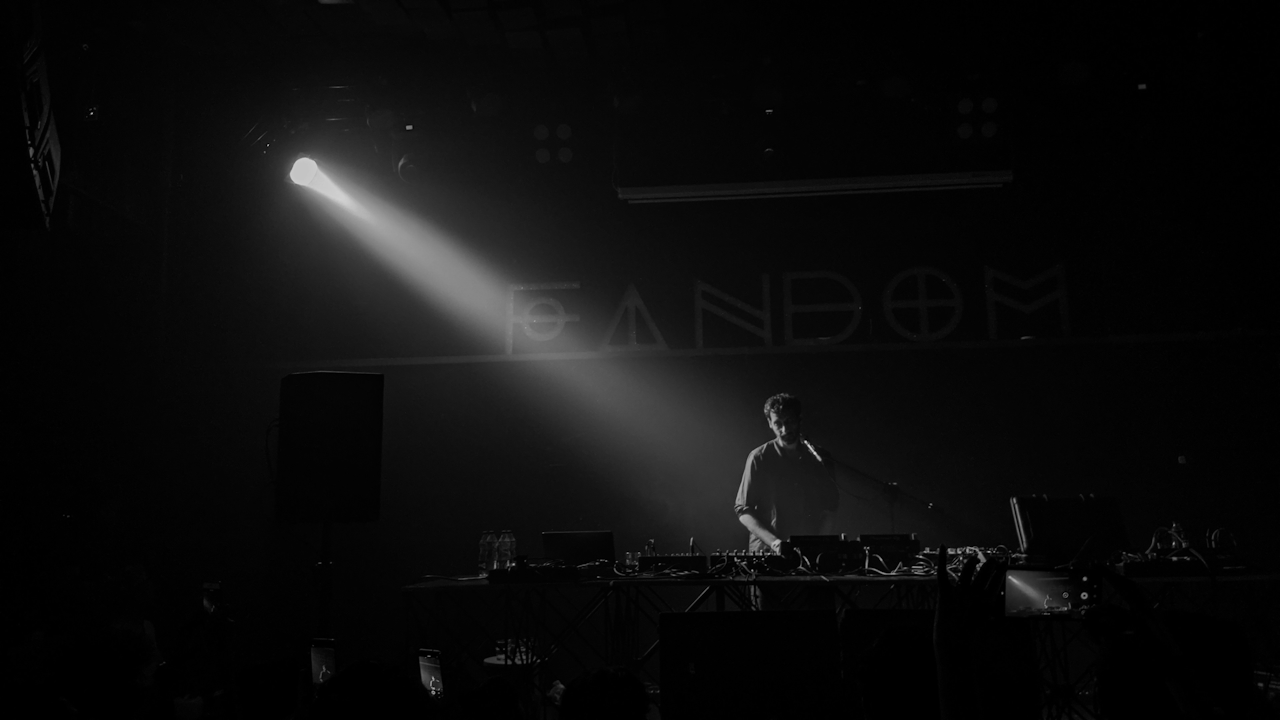In the modern era of entertainment, fan communities have become a powerful force in shaping the content, distribution, and success of various media franchises. From television shows and movies to video games and literature, fans wield significant influence over how entertainment evolves. Their engagement through social media, online forums, and real-world events has transformed passive consumption into an interactive experience where audiences actively contribute to the creative process. The symbiotic relationship between fans and creators continues to redefine storytelling, marketing, and even corporate decision-making.
One of the most notable ways fan communities shape entertainment is through direct interaction with creators. Social media platforms such as Twitter, Reddit, and TikTok provide an unprecedented level of access to actors, writers, and producers. This open dialogue allows fans to express their desires, critiques, and enthusiasm in ways that influence the trajectory of a series or franchise. For example, the overwhelming demand from fans led to the release of Zack Snyder’s cut of Justice League after years of online campaigning. This phenomenon illustrates the growing responsiveness of studios to audience feedback, signaling a shift from top-down content production to a more collaborative model.
Beyond direct communication, fan communities engage in participatory culture, generating vast amounts of content that expands upon existing intellectual properties. Fan fiction, fan art, video essays, and cosplay contribute to an ever-growing ecosystem surrounding popular entertainment. Platforms like Archive of Our Own (AO3), DeviantArt, and YouTube serve as spaces where enthusiasts reinterpret, critique, and celebrate their favorite stories. This kind of engagement not only keeps franchises relevant between official releases but also fosters a sense of ownership among audiences, making them feel deeply connected to the material. Some creators even acknowledge and incorporate fan ideas into official works, demonstrating the cyclical nature of modern entertainment.
The financial impact of fan communities is equally significant. Studios and networks recognize the economic power of dedicated fandoms and leverage their passion to drive marketing strategies. Limited-edition merchandise, exclusive events, and crowdfunding campaigns capitalize on the enthusiasm of dedicated supporters. Crowdfunding success stories, such as the revival of Veronica Mars through Kickstarter, highlight how fan investment can directly lead to content creation. Additionally, conventions like San Diego Comic-Con and D23 Expo provide studios with valuable insight into audience preferences while serving as a space to cultivate and energize the fanbase.
Streaming services and on-demand entertainment have also been shaped by fan-driven consumption patterns. Traditional TV relied on Nielsen ratings to determine a show’s success, but the digital age has introduced new metrics, such as online engagement and binge-watching behavior, which influence renewal decisions. Shows like Brooklyn Nine-Nine and Lucifer found second lives on different platforms after passionate fan campaigns convinced networks or streaming services to pick them up. This shift underscores how audience dedication can override initial commercial performance and redefine what constitutes a “successful” show.
The intersection of fandom and activism has further deepened the role of communities in entertainment. Fan movements advocating for diversity and representation have led to meaningful industry changes. Campaigns such as #OscarsSoWhite and demands for LGBTQ+ representation in media have compelled studios to rethink casting choices and narrative inclusivity. Some franchises, such as Star Wars and the Marvel Cinematic Universe, have actively incorporated more diverse storytelling in response to audience feedback. While some of these changes spark heated debates, the larger takeaway is clear: fans now play a crucial role in holding creators accountable for the stories they tell.
The power of fan communities extends into the realm of gaming, where players have long been involved in shaping content. Modding communities, for example, have kept older games alive and even inspired developers to adopt fan-created innovations in official releases. Games like The Elder Scrolls V: Skyrim and Minecraft thrive due to the creativity of their communities, who build modifications, new content, and entire narratives beyond what developers initially envisioned. Additionally, player feedback has influenced game development cycles, leading companies to alter mechanics, fix issues, and even rewrite aspects of stories based on community input. The controversial launch of Cyberpunk 2077 and the subsequent fixes made in response to fan criticism illustrate how consumer voices now hold more weight than ever.
Anime and K-pop further exemplify how fan engagement dictates market trends and international success. The global rise of anime has been fueled by communities that promote fan translations, discussions, and events, making it a dominant force beyond Japan. Similarly, K-pop fandoms actively engage in streaming campaigns, digital activism, and even charity efforts in the name of their favorite artists. Groups like BTS have harnessed this passionate support to break records and influence global music markets, demonstrating the reach of fan power beyond traditional entertainment boundaries.
While fan engagement offers numerous benefits, it also presents challenges. The expectation that creators must constantly cater to audience demands can create pressure that stifles originality. Instances of “toxic fandom” emerge when passionate groups aggressively attack creators or other fans over disagreements regarding a story’s direction. The backlash against Game of Thrones’ final season exemplifies how fervent engagement can turn hostile when fan expectations are not met. Balancing creative integrity with audience input remains a delicate act for many artists and producers.
As entertainment continues to evolve, the role of fan communities will likely grow even more influential. The digital age has dismantled traditional barriers between creators and audiences, making entertainment a collaborative, ever-changing landscape. Whether through activism, financial support, or creative contributions, fan communities have redefined what it means to be an audience in the modern world. Their influence ensures that entertainment remains a dynamic, interactive, and deeply personal experience for generations to come.

